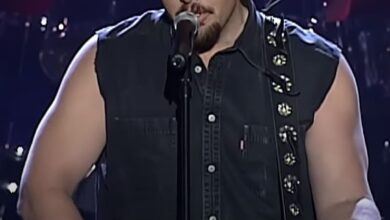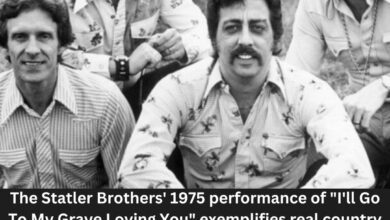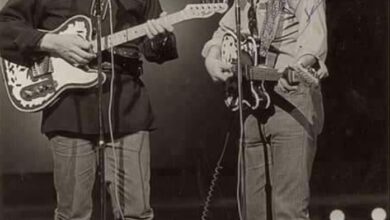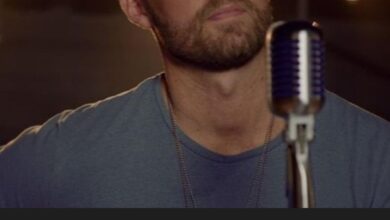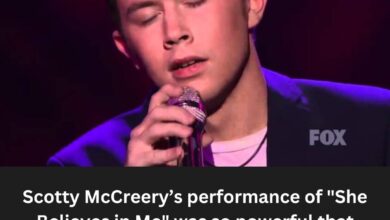Keith Whitley Delivered an Iconic Rendition of “When You Say Nothing at All.”
Keith Whitley’s “When You Say Nothing at All” is a beloved country ballad that has touched hearts since its release. Written by Paul Overstreet and Don Schlitz, the song was released in 1988 as part of Whitley’s album *Don’t Close Your Eyes*. It quickly climbed to the top of the country charts, cementing Whitley’s place in country music history.
The song’s lyrics capture the profound ability of love to communicate without words. Overstreet and Schlitz reportedly struggled with the song’s hook, which stemmed from the idea of expressing love without speaking. The simplicity and depth of the song resonated deeply with audiences, helping it become a timeless classic.
Whitley’s rendition of the song showcases his emotive vocal delivery, which conveys the song’s heartfelt message. Tragically, Whitley passed away in 1989, just months after the song’s release, making its success a poignant reminder of his talent and potential.
The song’s impact didn’t end with Whitley’s version. Alison Krauss and Union Station recorded a cover for the 1994 tribute album *Keith Whitley: A Tribute Album*. Krauss’s version unexpectedly received significant airplay, eventually leading to its release as a single. It peaked at number three on the Billboard Hot Country Singles chart and won the 1995 CMA Award for “Single of the Year.”
Ronan Keating, an Irish singer-songwriter, brought the song to a new audience with his 1999 cover for the film *Notting Hill*. His version topped the charts in several countries, including the UK, Ireland, and New Zealand, further solidifying the song’s international appeal.
Throughout the years, “When You Say Nothing at All” has been covered by various artists, each bringing their unique interpretation to the song. Its universal message of love and understanding continues to resonate, making it a favorite for many.
Keith Whitley’s legacy in country music is profound, and “When You Say Nothing at All” remains one of his most enduring contributions. The song’s timeless appeal is a testament to its beautiful composition and Whitley’s unforgettable performance.
